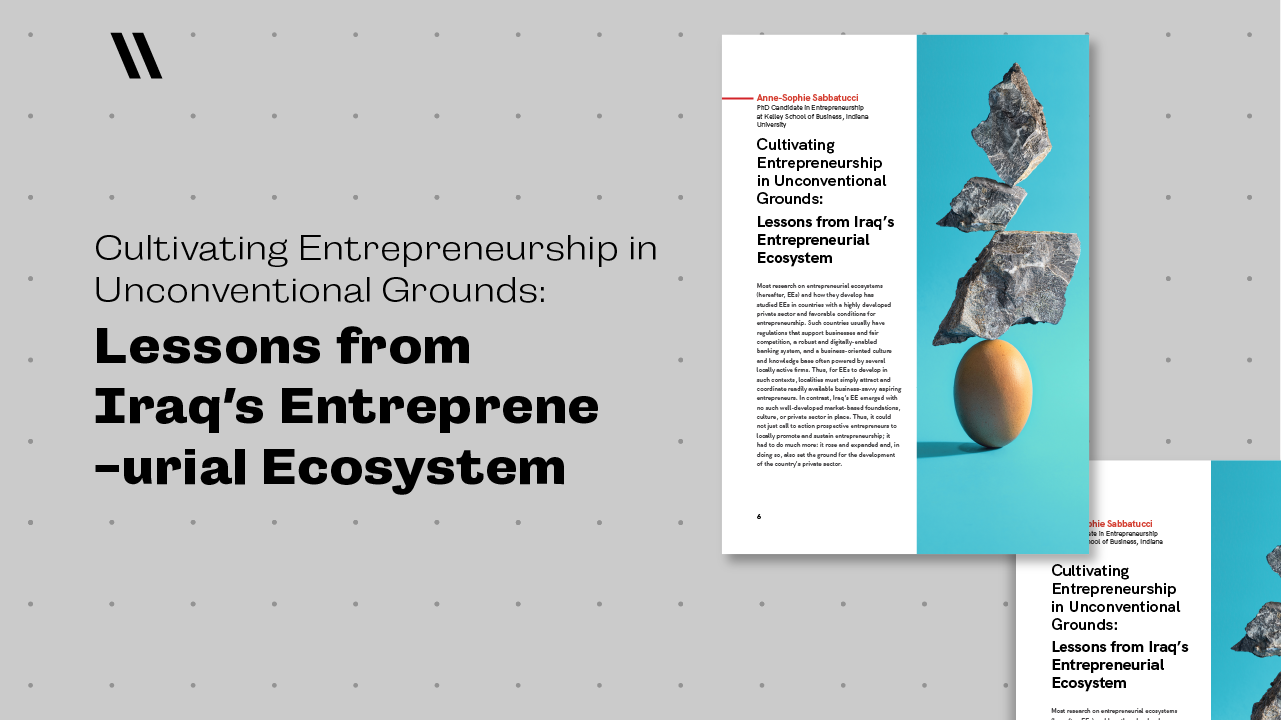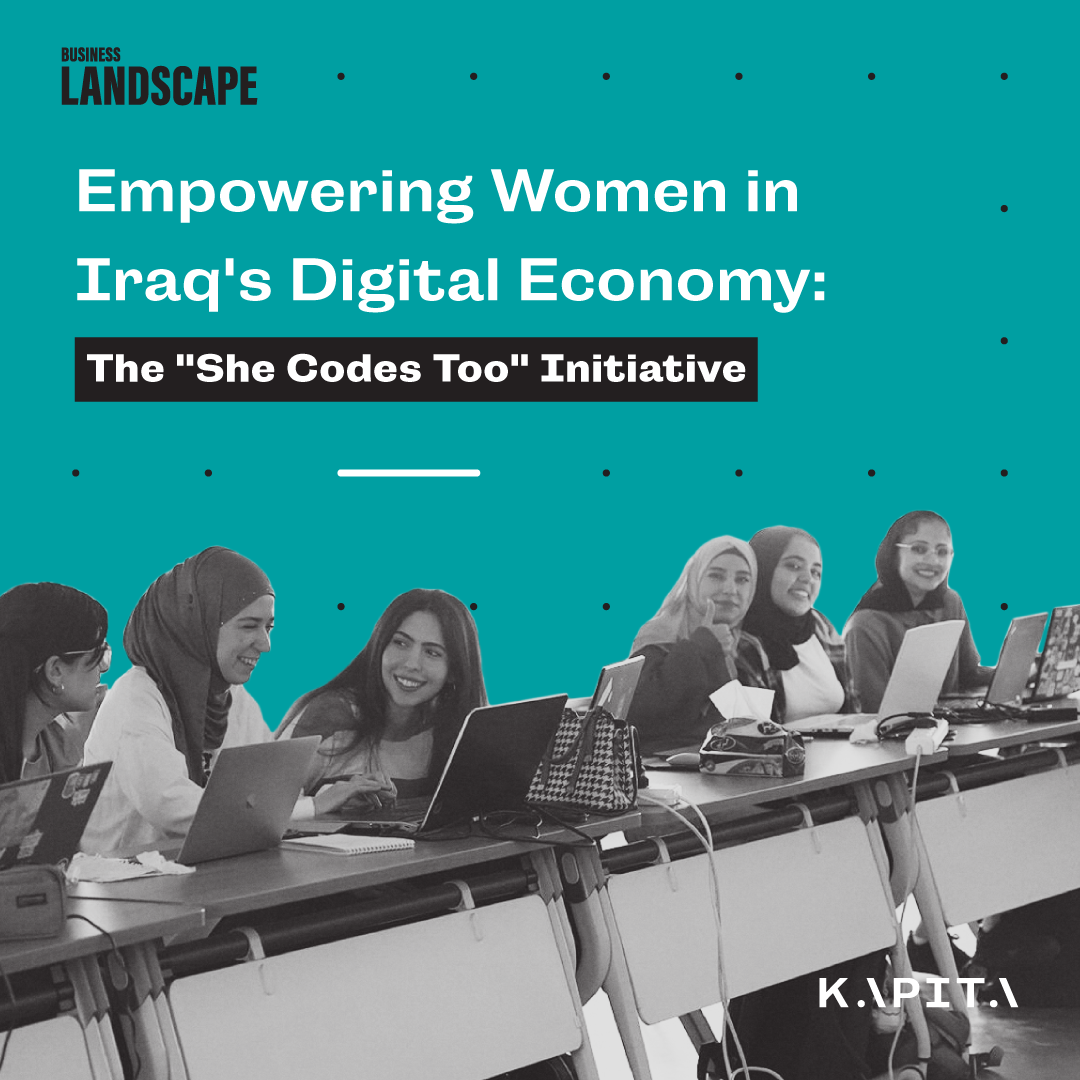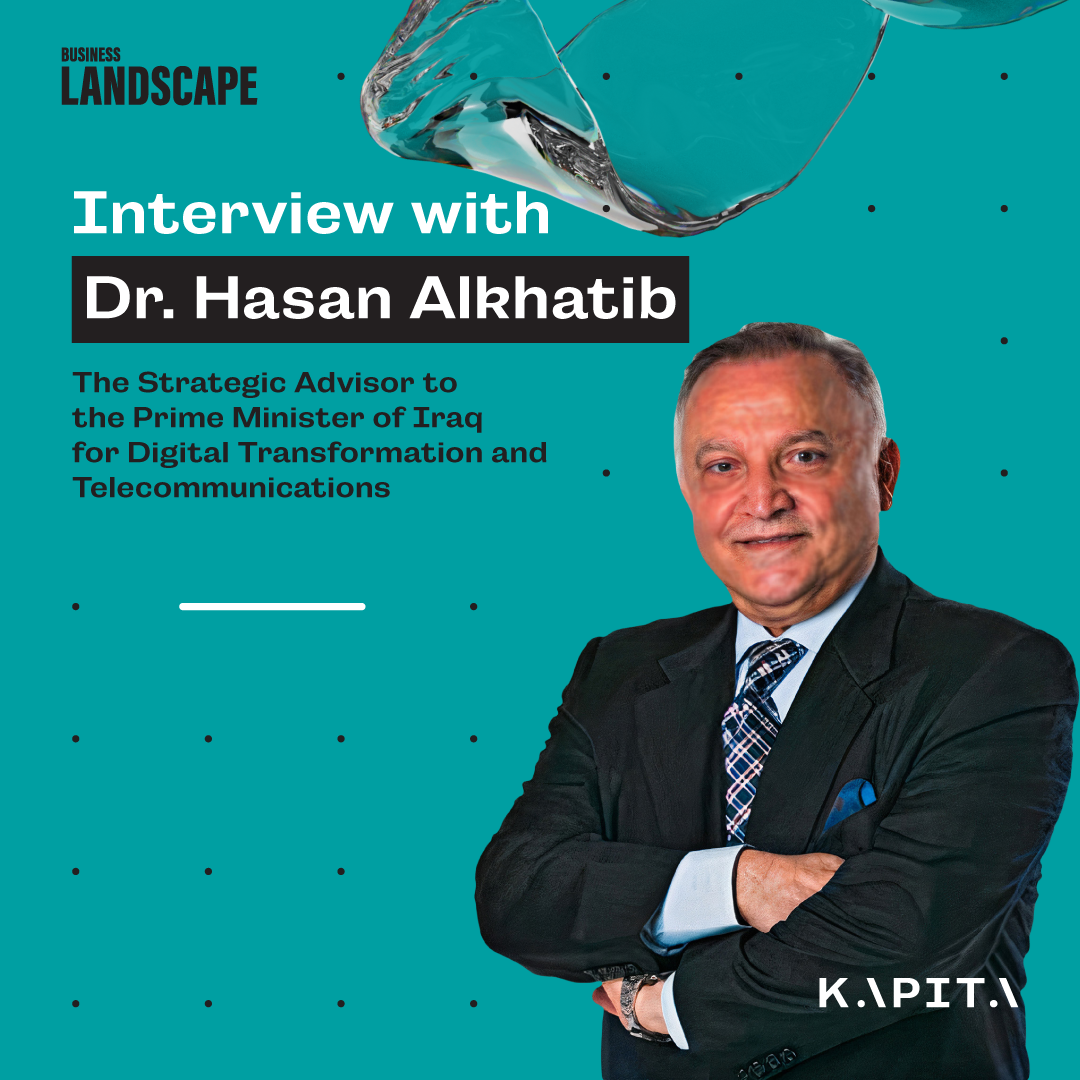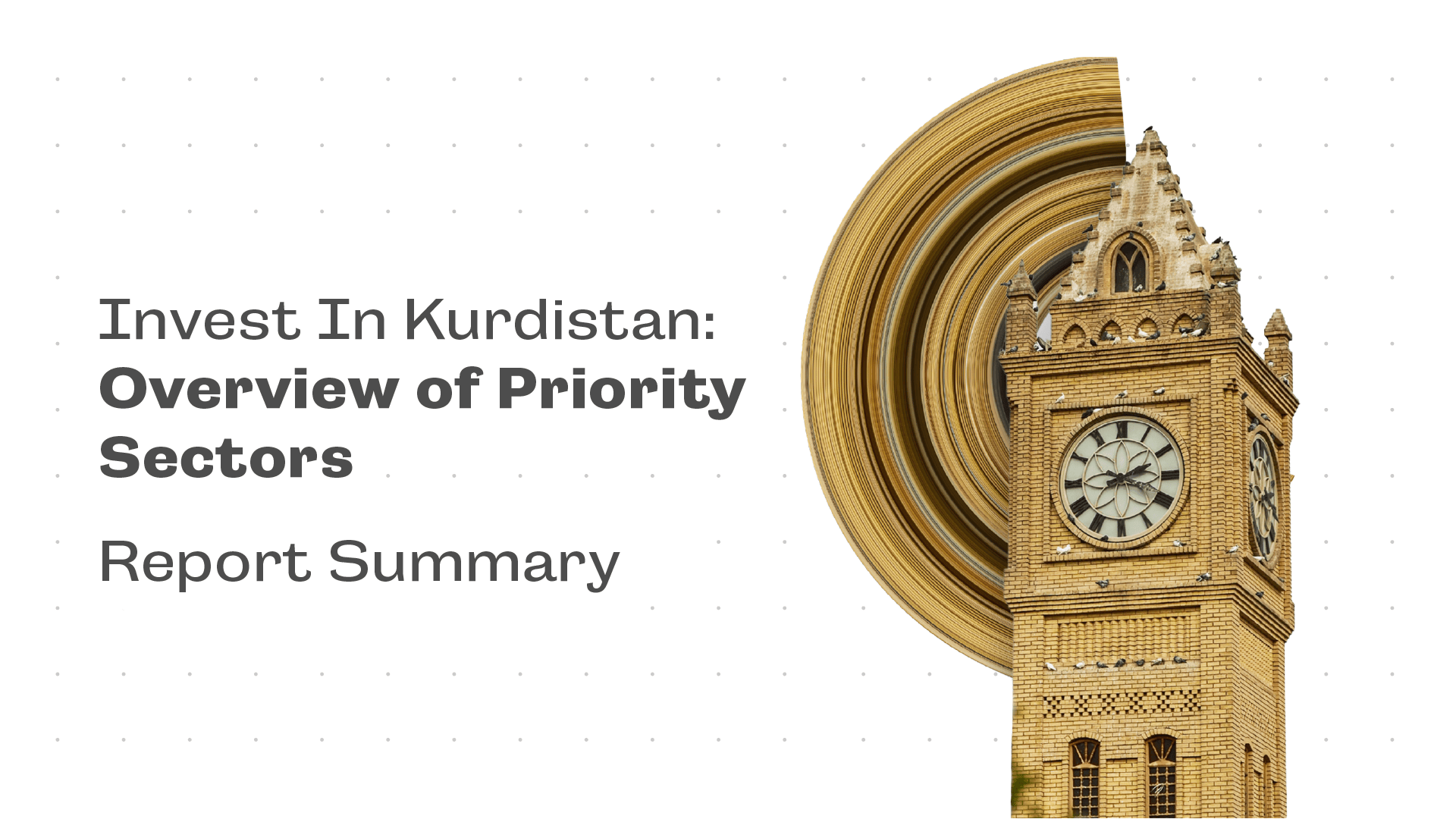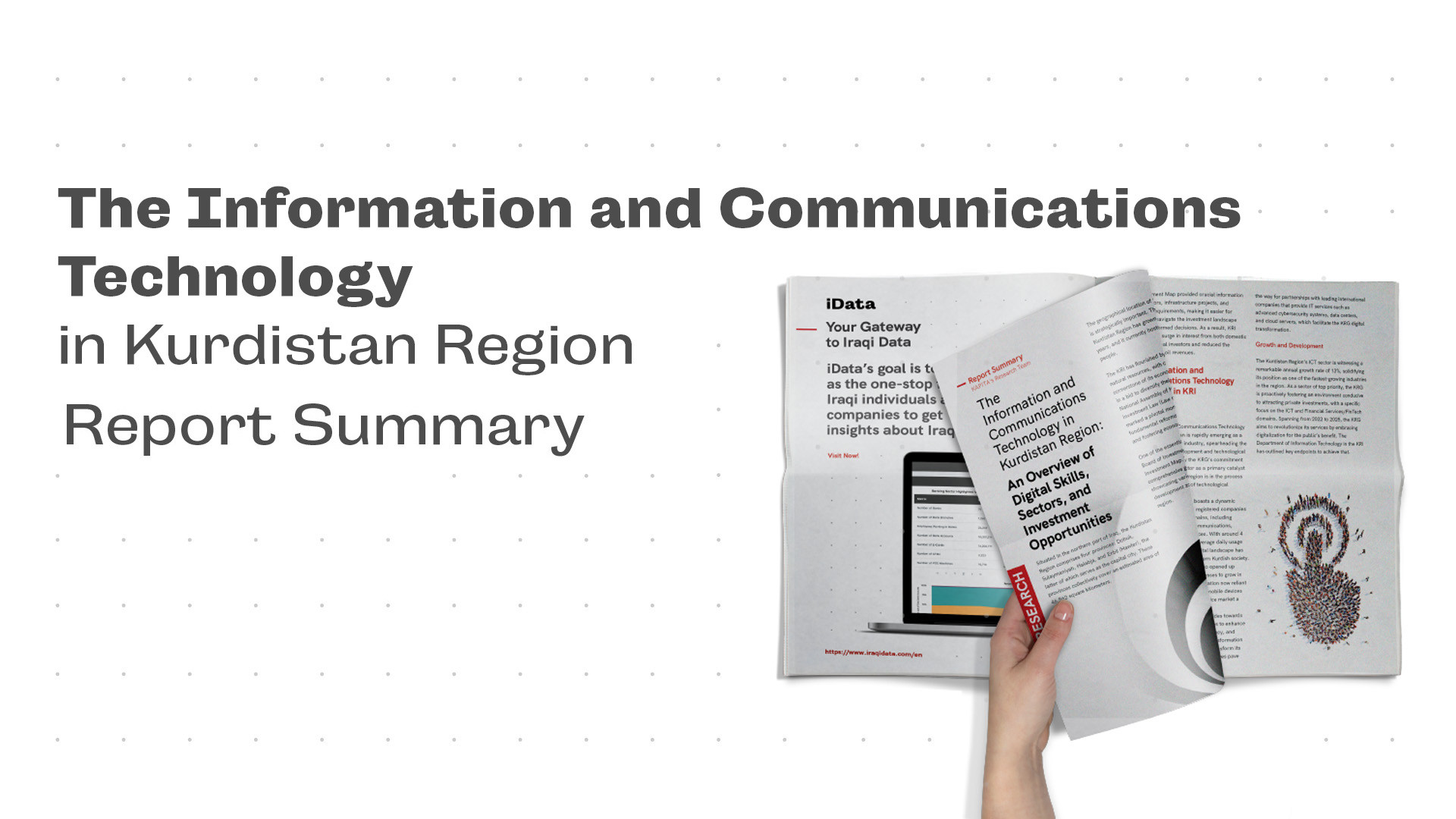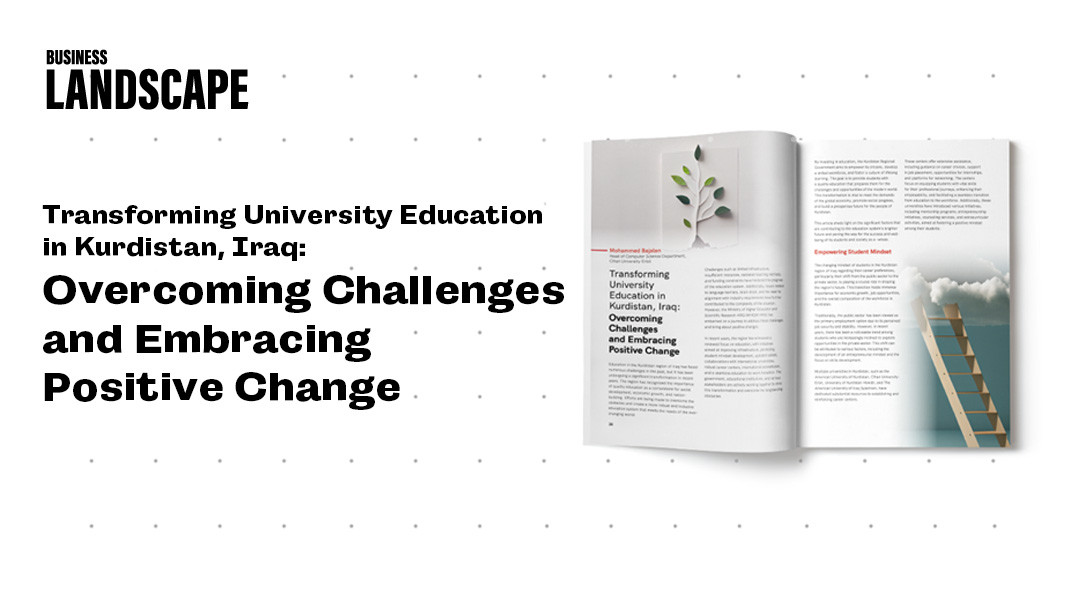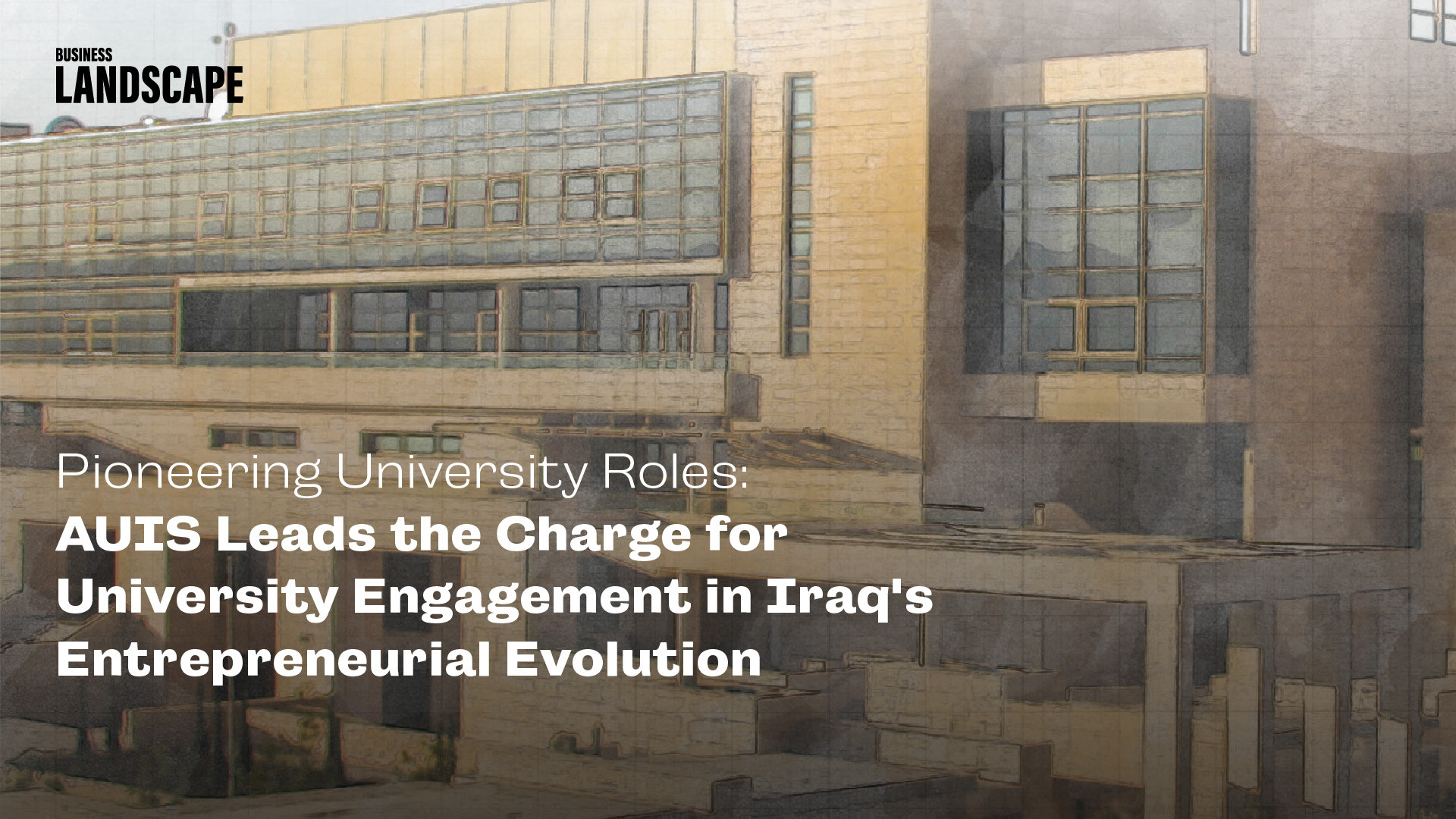Cultivating Entrepreneurship in Unconventional Grounds: Lessons from Iraq's Entrepreneurial Ecosystem
Anne-Sophie Sabbatucci
PhD Candidate in Entrepreneurship at Kelley School of Business, Indiana University
Most research on entrepreneurial ecosystems (hereafter, EEs) and how they develop has studied EEs in countries with a highly developed private sector and favorable conditions for entrepreneurship. Such countries usually have regulations that support businesses and fair competition, a robust and digitally-enabled banking system, and a business-oriented culture and knowledge base often powered by several locally active firms. Thus, for EEs to develop in such contexts, localities must simply attract and coordinate readily available business-savvy aspiring entrepreneurs. In contrast, Iraq's EE emerged with no such well-developed market-based foundations, culture, or private sector in place. Thus, it could not just call to action prospective entrepreneurs to locally promote and sustain entrepreneurship; it had to do much more: it rose and expanded and, in doing so, also set the ground for the development of the country's private sector. For this reason, I became interested as a researcher in investigating the remarkable efforts of Iraq’s EE.
My first interaction with Iraq's startup scene occurred in June of 2022. I attended a networking event hosted at The Station's branch in Erbil and was struck by everyone's excitement over Iraq's growing startup buzz. So, I decided to venture further into Iraq’s EE to uncover how it had slowly but steadily developed despite the evident challenges. Although my research is still ongoing, I thought of sharing a few insights from a preliminary analysis of the data I collected over the past year (note that in doing so, I will sometimes report short quotes from interviews I conducted with people engaged in the Iraqi EE). I am finding that what Iraq's EE did do (and is still doing) was build, from scratch, a generation of entrepreneurs and business-skilled, entrepreneurial employees willing to join newly born startups while also (and this is crucial) motivating these EE graduates to stick to the EE and add to its expansion. To achieve this, the EE engaged in various activities, which I briefly summarize below:
Establishing Youth Hubs
First, it attracted young Iraqis–generally, college students or recent graduates with no prior knowledge of entrepreneurship–into its spaces, workshops, and web of social relations. It offered them something different, which they were not used to being advanced in Iraq. For example, the EE promoted free or easily accessible workshops on highly varied topics, including but not limited to coding, robotics, architecture, and filmmaking–not necessarily directly related to business or entrepreneurship. It offered nicely designed study places with Wi-Fi where young Iraqis could sit freely and spend time together, with nobody "bothering them" (as a young man told me). It also repeatedly organized free tech or culture-related events involving local and foreign inspiring experts. Doing so created a word-of-mouth dynamic among young Iraqis. Intrigued by what seemed "weird" and "unique" to their eyes, they were drawn to the EE: to its co-working spaces and maker spaces, to cafés where people talked entrepreneurship (a "new language" for many), to dedicated Telegram and Facebook groups. These locations, arguably "youth hubs," were crucial to attracting young Iraqis to the EE.
Building Entrepreneurial Support Programs
Second, the EE persuaded young women and men newly drawn to its spaces to join incubator programs, startup competitions, and business-plus-tech-skills training programs (which often asked participants to develop a startup idea related to the skills taught). In addition to educating, these programs allowed young Iraqis to savor the experience of being valued as individuals when engaging in entrepreneurship–they felt "worth" the effort of trainers who "believed in them." Participants practiced thinking, pitching, behaving like entrepreneurs, and building and working in teams like startups. They won prizes and were praised for their attempts. I often heard objections from support organizations about recycling the same participants in many of those programs. However, I soon realized as I conversed with young adults in the EE that joining more than one program was necessary for them to develop the confidence and sustained motivation to engage in entrepreneurship because most were raised in families with solid beliefs about other preferred, "safer" career paths, often referring to stagnant careers in the public sector with guaranteed salaries, pensions, and little to no chance of being laid off.
The Birth of the Iraqi Entrepreneur
Third, the EE gradually turned these newly motivated Iraqis into entrepreneurial individuals–in time, many became entrepreneurial employees while others founded their startups. Accelerator programs, Iraqi startups, and international technology startups were vital for this change process. For instance, the more established startups often (but not exclusively) hired young Iraqis who had participated in many of the activities listed in the previous paragraphs. They had them truly engage in entrepreneurial activity: showed them what being entrepreneurial in Iraq meant (arduous work) and how to become so, and helped them develop ownership over their personal growth as entrepreneurial individuals. Employees were told to conceive new ideas, test them, be responsible for and learn from their mistakes, and keep going. To illustrate, a startup allocated on a rolling basis each month extra money to an employee for her or him to test a new idea; another startup encouraged employees to work on their ventures on top of work; a third startup had a demanding reward system in place which paid or cut bonuses based on whether employees achieved their targets. Initially, many struggled–the "pinky bubble" depicted by training programs burst, and some felt like they received "a slap in the face"–but soon they "got the gist of things," and "stress" quickly turned into "pride" for one's own and the team's progress and, in time, these young Iraqis turned into a generation of entrepreneurial individuals.
Mitigating the Social Barriers
Fourth, the EE kept an active, targeted line of communication with these young Iraqis (and often with their families, too). Attracting them was only sometimes straightforward; the EE navigated families' resistance to letting their children participate in the EE's activities. For instance, one organization had a dedicated task force to meet parents at cafes and gain their trust to allow their children to join their training programs. Motivating young adults to become entrepreneurs was a tricky endeavor too. A nascent entrepreneur told me that initially, he was very skeptical about being offered free training. So, he persistently asked trainers: "Why are you doing this?" and "What are you expecting from us in return?"; the EE had to answer and explain and gain the trust of young Iraqis too. Notably, because learning to become entrepreneurial often implied a struggle, young entrepreneurs in the making sometimes experienced fear in the process or wanted to give up. I was genuinely stunned to hear from so many involved in the EE how they received timely, unsolicited attention–a one-to-one in person conversation or an unexpected phone call from a "role model" (an experienced entrepreneur, top manager at a startup or mentor alike)–, precisely when they doubted their ability or willingness to continue. The seniors in the EE were somehow aware; they all acted as mentors, whether assigned to the role or not, and continuously attended to the troubles of the young adults. Doing so was critical to avoid the latter abandoning the change process.
Nurturing a community
Lastly, the EE also motivated these young Iraqis to contribute to developing the EE. How so? The EE built another (exceptional) "home" for these young Iraqis. A woman told me, "It was kind of our home… I felt like, [the startup] grew, and I grew with it." Startup offices are often located in actual houses and enhance that feeling. Many described the EE as a special place where they felt like their selves, work, and ideas were valued and respected as much as others, regardless of age, gender, religion, or any other affiliation. The EE achieved this by actively promoting and guarding against violations of the values of service and honesty. As a result, contributing to sustaining an environment such as the one offered by EE was desirable and natural, and expanding it meant allowing other Iraqis to feel the same way. The EE also often revealed its ambition. A young entrepreneur told me that participating in an accelerator program made him realize: "Before… all the money that came to me, I spent it on cars, buying stuff for myself. And then, you know, this program… I realized something… it's not about the money… it's about you building some new culture… your employees… They are like your kids. You'll be proud to have this team." So, youth in the EE developed an intrinsic motivation to add to the various EE activities listed above and contribute to building a capable and driven entrepreneurial workforce for Iraq.
This way, the EE slowly–given the breadth and depth of its undertaking–but steadily expanded. The expansion of the EE spreads a business culture, builds firms, and captures the attention of stakeholders relevant to establishing more formal market-based foundations in the country, thus fueling the development of a private sector in Iraq. Although my research into the specific mechanisms that enabled Iraq’s EE to develop and expand is still ongoing, I hope the brief elements described above give a glimpse of the admirable, collaborative effort of those involved in the EE.
